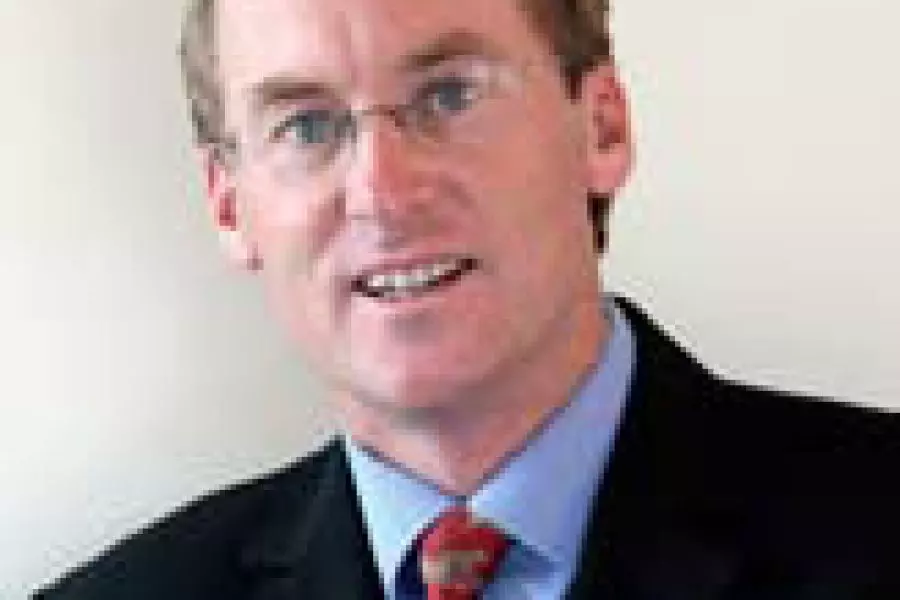News
Blaming investors not the answer

Tuesday 25th of August 2015
Reserve Bank Deputy Governor Grant Spencer said that growing numbers of small investors were contributing to price pressure in Auckland.
He said data showed that investor activity in Auckland has increased from 33% in 2013 to 41% in 2015.
NZPIF executive officer And...
Want to read the full article?
Click the button below to subscribe and will have unlimited access to full article and all other articles on the site.






![[The Wrap] Bye Bye Bayly](https://goodreturns.publit.io/file/c_fill,w_900,h_600/39f23ac1-f7c7-4854-b700-a150004ebbac.webp)


